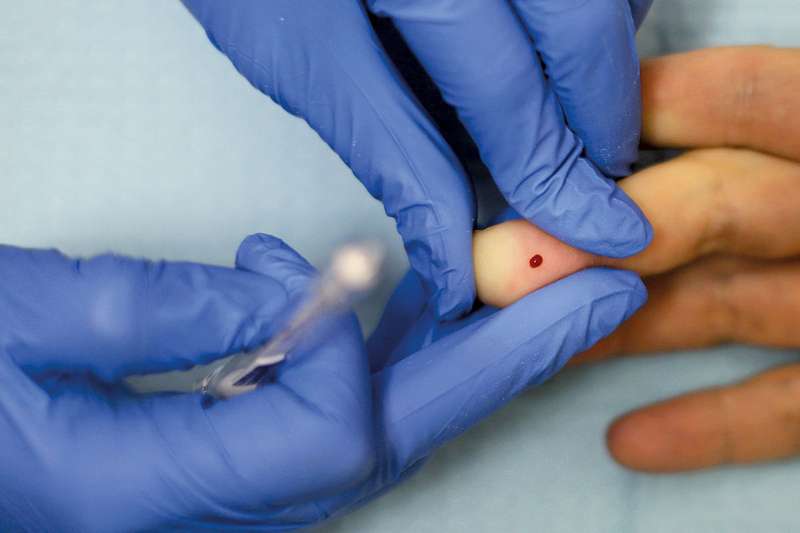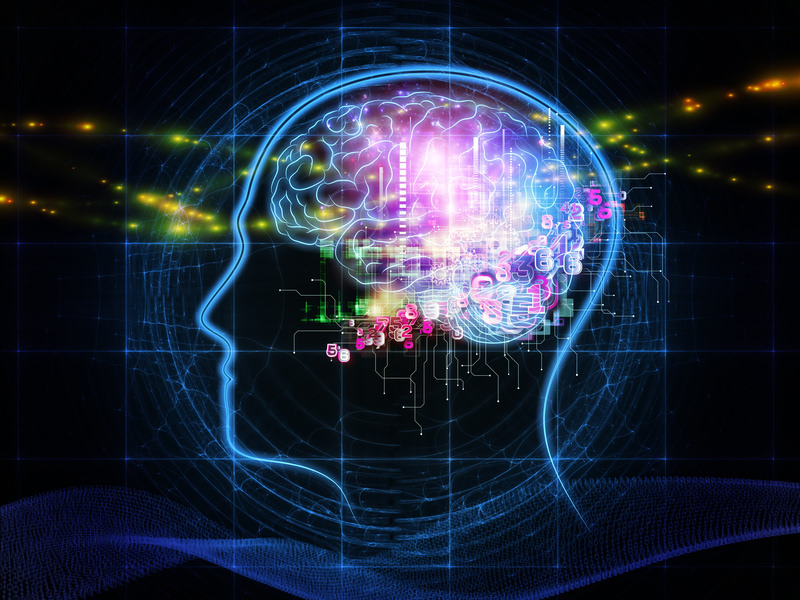The cases of three people who are HIV-free following bone marrow transplants suggests genetics could be the answer to long-term elimination of the virus

THE news this week that two people may have had HIV eliminated from their body after receiving bone marrow transplants to treat cancer suggests it may be possible to cure the condition.
This takes the tally of people who are HIV-free after such treatment to three . Each person received bone marrow from a donor who has a genetic mutation that makes them resistant to HIV. But such a transplant isn’t an option for most people – it is a risky procedure and only used as a last resort for cancer treatment.
The discovery that the virus can be wiped out by rebooting a person’s immune system with genetically resistant cells hints there may be ways to reproduce the effect with fewer risks.
Some groups are working on using gene therapy and gene editing to give people’s own immune cells the HIV-resistant mutation. The first attempts to treat people in this way haven’t been successful, but the approach may improve with further development and better gene-editing methods.
He Jiankui, the fired researcher in China who announced the world’s first gene-edited babies last year, certainly seems to have found the prospect of genetic approaches for preventing HIV appealing. It was the same HIV resistance gene that he chose to edit in his controversial trial.
Any new approach for wiping out this virus will need to carry very little risk to be worth it. While the infection used to almost always be fatal, people who are HIV positive and have access to antiviral drugs now have near-normal lifespans.
Taking such drugs every day can be burdensome and the virus can sometimes evolve drug resistance. Yet in most cases, there is no need for drastic or dangerous treatments.



